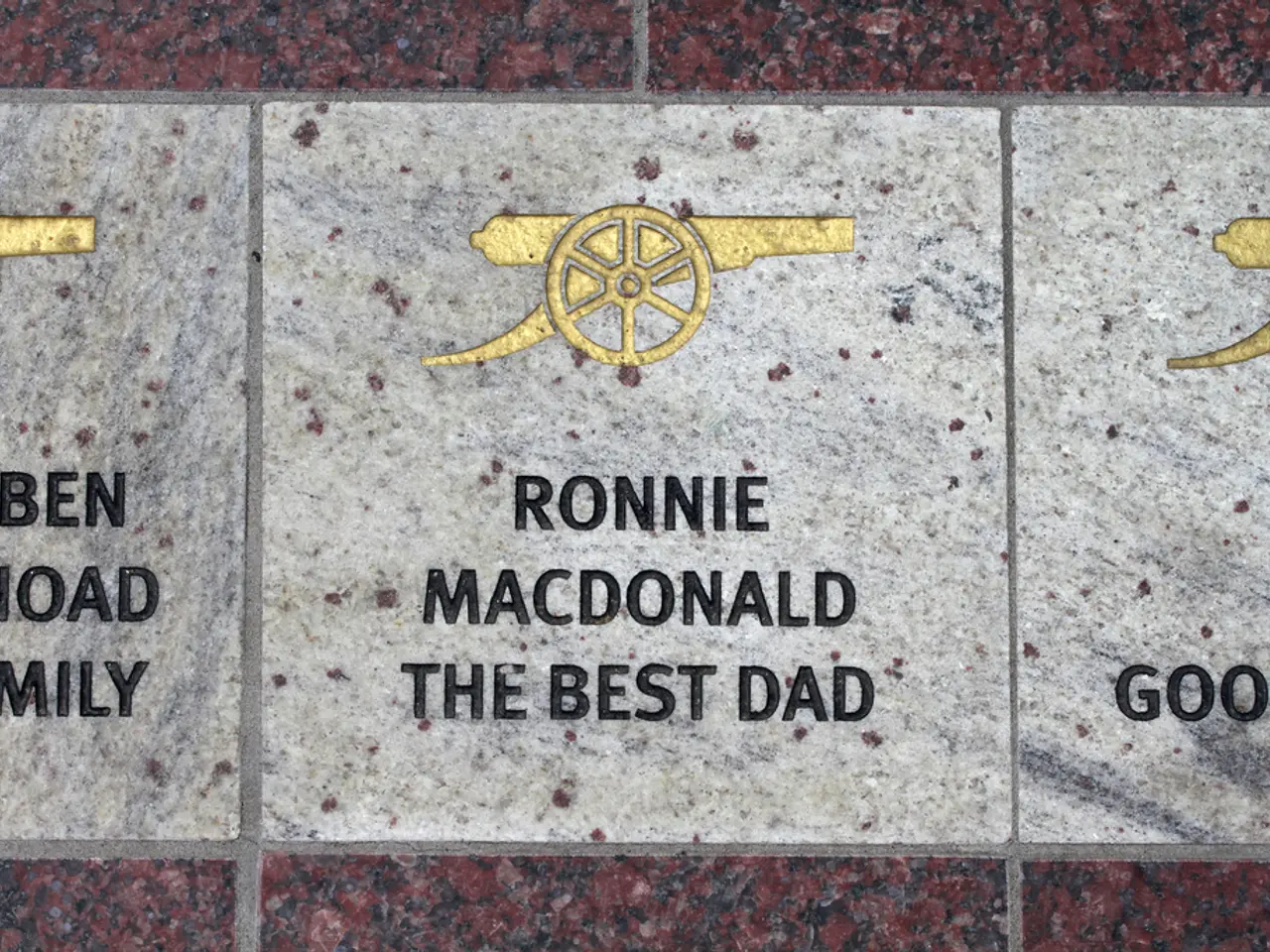Hostage agreement appears remote; Hamas pursuing escalation, according to Israel's warning
The ongoing negotiations for a ceasefire and hostage release between Israel and Hamas have hit a roadblock, with both sides trading blame for the impasse.
Hamas has suspended all ceasefire negotiations and declared it will not return to talks until the severe hunger crisis in Gaza is addressed. This stance has led to a deadlock, with Israel expressing skepticism about the United Nations' ability to operate effectively in active combat zones[3].
On Israel's side, Prime Minister Benjamin Netanyahu has postponed any decisions on military action in Gaza, indicating internal disagreement within the Israeli government about how to proceed. Options being considered include encircling Gaza City or attempting to conquer it. Despite the stalled talks, Israel and the United States are reportedly working on increasing humanitarian aid to Gaza while continuing military operations[1].
Israeli officials have said they are prepared to return to talks if Hamas changes its position, but as of now, Hamas has disengaged from both ceasefire and hostage negotiations[2]. A diplomatic source involved in the negotiations warned that the talks are in the process of collapsing[4].
However, the situation in Gaza is not as dire as Hamas' propaganda claims. Footage from Gaza shows residents shopping freely, buying and walking through the fruit and vegetable market, where some of the produce is visibly from Israel[5]. Israeli canned goods are also seen among the stalls in the Gaza market, contradicting Hamas' claims of "starvation" in Gaza.
In contrast, senior members of Hamas are reportedly amid an escalating starvation campaign in Gaza, increasing international pressure on Israel[6]. Israel increasingly believes that the Hamas propaganda campaign of "starvation" is spearheaded by Qatar and has made extensive use of false information.
From Israel's perspective, a partial agreement is not on the table[7]. The Israeli source stated that Hamas is placing Israel at a crossroads, whether to wait for an agreement that is not materializing or to escalate the fighting, risking the lives of the hostages still held in Gaza[8].
In conclusion, the current deadlock in negotiations between Israel and Hamas is defined by Hamas' demand for addressing humanitarian issues, particularly severe hunger, as a precondition to resume talks, while Israel is divided on military strategy and continues operations, with no immediate decision forthcoming on a ceasefire or a deal for hostage release. The impasse remains as both sides dig in their heels, with international pressure mounting on both sides to find a resolution.
[1] Channel 12 News [2] Channel 12 News [3] The Israeli government [4] A diplomatic source involved in the negotiations [5] Footage from Gaza [6] Senior members of Hamas [7] Israel [8] Israeli source
- The current standoff in negotiations between Israel and Hamas is deeply rooted in Hamas' insistence on addressing humanitarian crises, such as severe hunger, as a prerequisite for resuming talks.
- Despite the suspension of formal negotiations, politics and general news continue to revolve around the ongoing war-and-conflicts in Gaza, as both Israel and Hamas grapple with internal disagreements and external pressures, while international bodies work towards finding a resolution.








